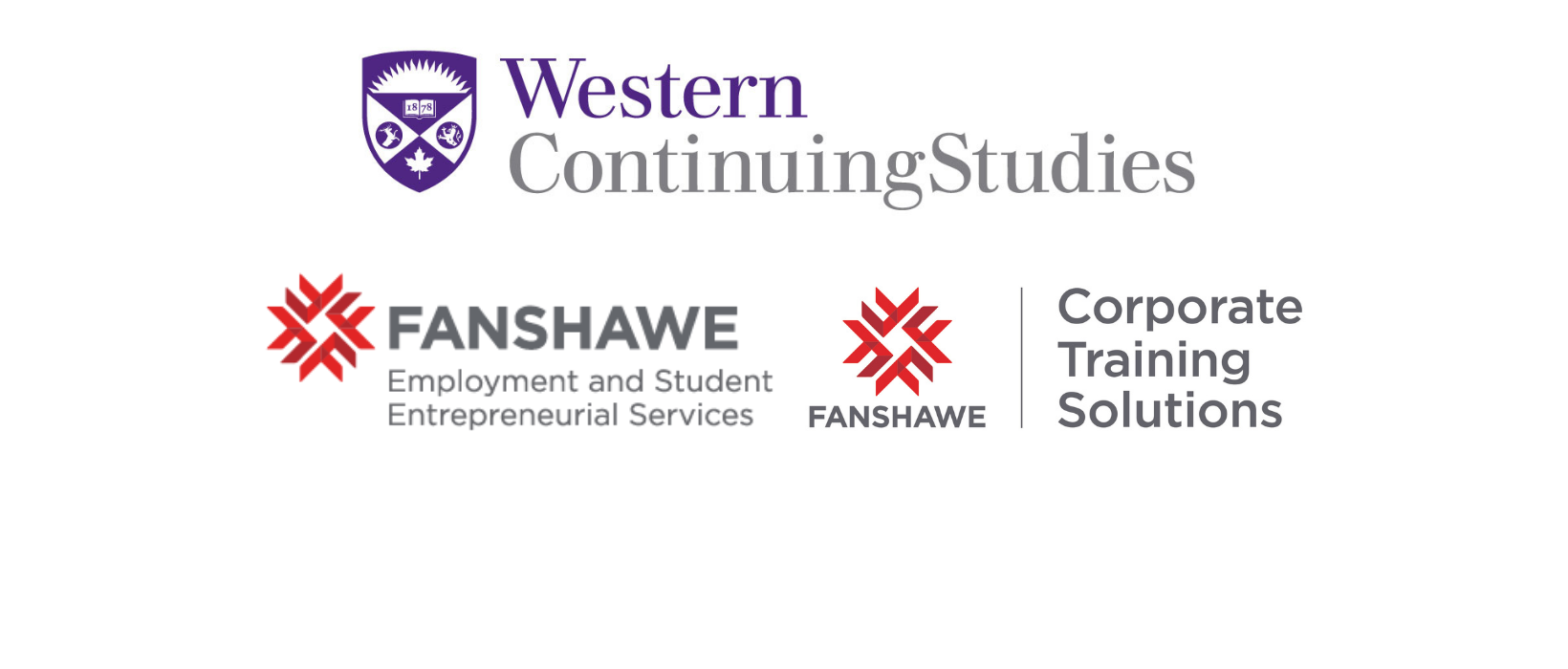What does it mean to provide a Brave Space in the community impact sector? Can you recall a time when you were in a space where you felt both supported and challenged - where you were both teaching and learning? What did it take to create that experience and how can you do it (or do it better) for others?
A Brave Space encourages dialogue. Recognizing differences and holding each person accountable to do the work of sharing experiences and coming to new understandings –– a feat that’s often hard, and typically uncomfortable. In the context of Brave Spaces, social justice is the “full and equitable participation of people from all social identity groups in a society that is mutually shaped to meet their needs.” Essentially, we create a space where everyone actively participates. Idealistic? Maybe a bit naive? Can we make these promises? We believe that we need to start somewhere.
As we grow Brave Spaces, where discomfort is shared and expected, we begin to disrupt the fact that systems are doing what they were designed to do: perpetuate the current power structure. We can start to build a culture that is based on the creation of a challenging environment that encourages equal participation across representative identities. Learning involves more than risk, but also the pain of giving up a former condition in favour of a new way of seeing things.
In this session, you will start this conversation or review practices you have in place:
- Establish the principles of a Brave Space, noting how a Brave Space differs from a Safe Space and why it is necessary to pursue conversations related to equity, inclusion, and other forms of anti-discriminatory work.
- Develop a shared foundation of knowledge as it relates to equity, inclusion, power, privilege, and racism.
- Conduct activities/exercises informed by real and lived experiences so participants can reflect upon and deepen their learning and engage in the work of unlearning mindsets and developing alternative inclusive practices for healthy interactions with each other and the communities they serve.
- Let’s apply this learning!
WHO SHOULD ATTEND? Individuals who want to lead culture change at their organization and/or in the community. We need board members, human resource professionals, managers and CEOs or Executive Directors to lead this work, and we also need staff and volunteers to support this kind of work in community.
Are you a nonprofit member organization with an operating budget of under $100,000? You may be able to save an additional 50% off the registration fee.
Learn if you are eligible for the NONPROFIT MEMBER DISCOUNT RATE.
ABOUT THE PRESENTERS:
Dharshi Lacey is the Vice-President, Equity, Inclusion & Governance at Pillar Nonprofit Network. She has over 20 years experience in the nonprofit sector in London. Through Pillar Impact Consulting she offers customized supports to nonprofit boards on governance best practice and supports the Pillar Equity and Inclusion team in assisting nonprofit boards and leadership tables develop and embed an equity lens into their organizations. Learn more at Pillar Nonprofit Network's Impact Consulting.
Thank you to our 2023 Learning & Development Sponsors:
Western Continuing Studies and Fanshawe Employment and Student Entrepreneurial Services/Corporate Training Solutions

